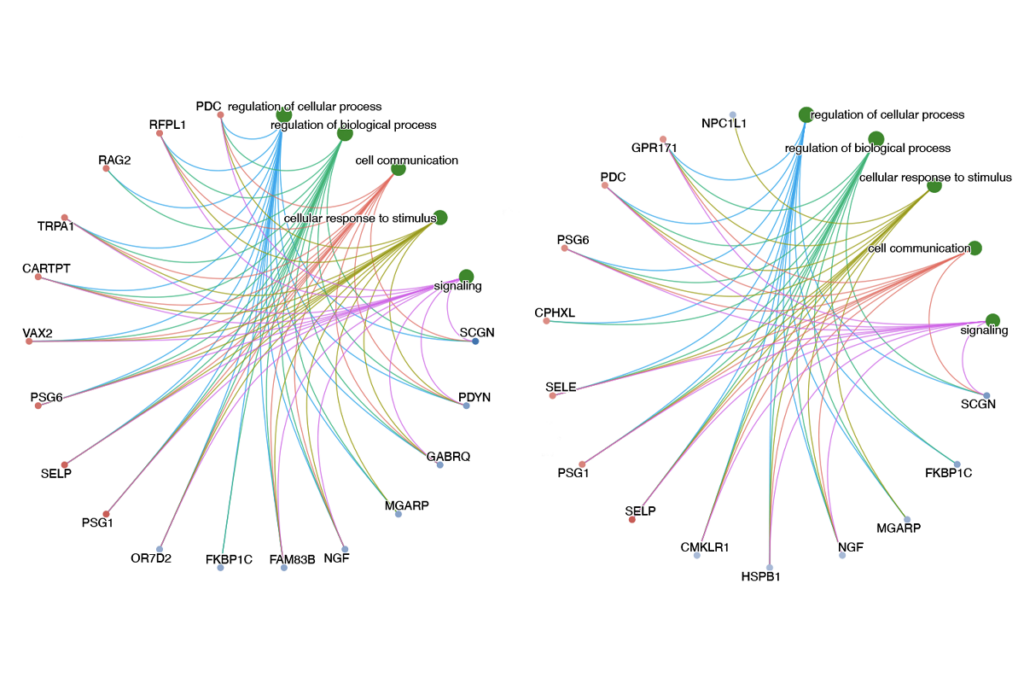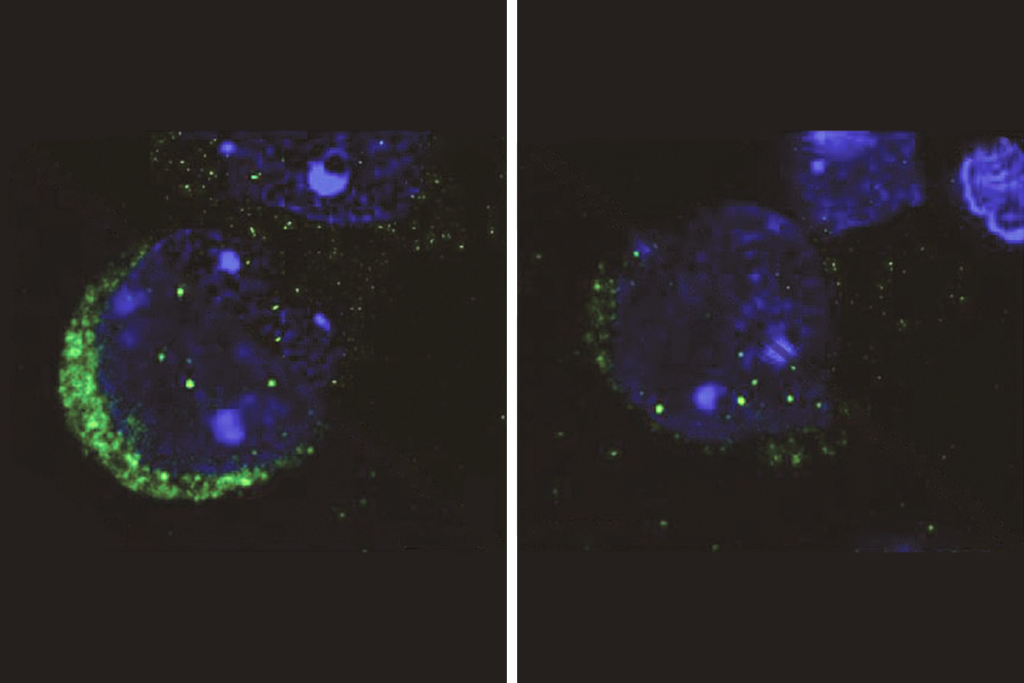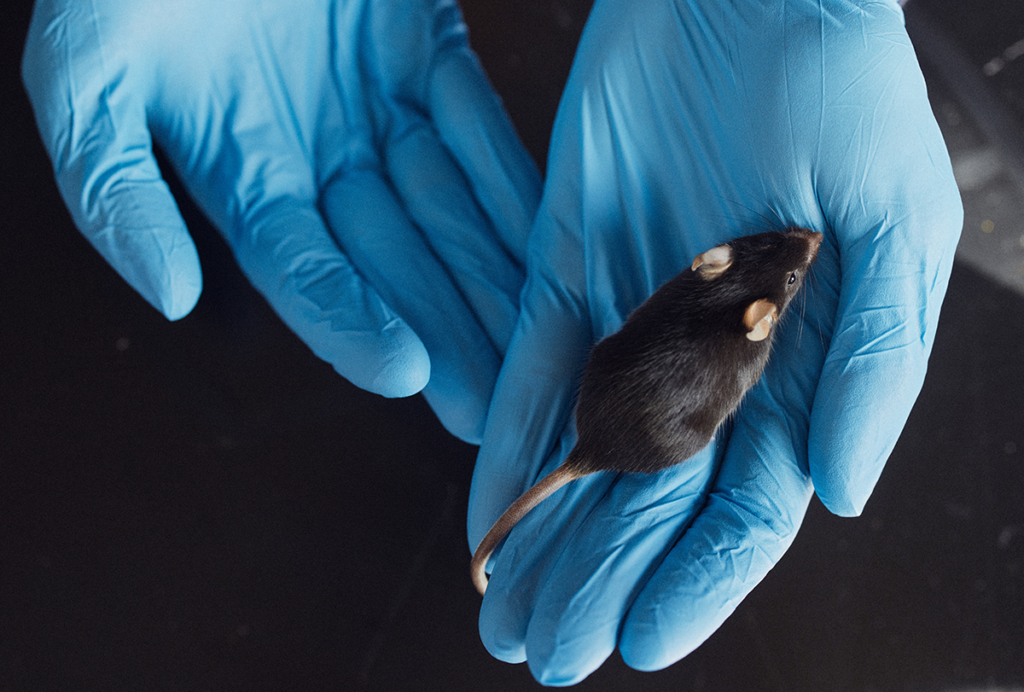Genetics: Autism and attention deficit share mutations
Individuals with attention deficit hyperactivity disorder (ADHD) have a higher rate of DNA duplications and deletions, including some in regions linked to autism and schizophrenia, according to a study published 23 October in The Lancet.
Individuals with attention deficit hyperactivity disorder (ADHD) have a higher rate of DNA duplications and deletions, including some in regions linked to autism and schizophrenia, according to a study published 23 October in The Lancet.
Individuals with schizophrenia, autism or intellectual disability are known to have a higher frequency of large duplications or deletions in stretches of DNA — called copy number variations (CNVs).
Looking in 366 children with ADHD and 1,047 controls, researchers at Cardiff University in the U.K. found that the children with ADHD have 5.7-fold more CNVs compared with controls.
People with ADHD often have a diagnosis of intellectual disability. When the researchers excluded participants with an intelligence quotient below 70, they found fewer CNVs in those with ADHD — about 1.7-fold more than in controls.
Because the same CNV can contribute to many disorders, the researchers looked for CNVs associated with autism and schizophrenia in those who have ADHD but no intellectual disability. Of 40 identified CNVs, 8 are in a region linked to autism and 9 to schizophrenia. Of those associated with schizophrenia, six are duplications in one region, 16p13.11.
The researchers also found duplications in the 16p13.11 region in a set of 825 Icelandic individuals with ADHD compared with 35,242 controls, further linking this region to the disorder. They also report a higher frequency of mutations associated with schizophrenia, but not autism, in these individuals.
Recommended reading

New tool may help untangle downstream effects of autism-linked genes

NIH neurodevelopmental assessment system now available as iPad app

Molecular changes after MECP2 loss may drive Rett syndrome traits
Explore more from The Transmitter

Organoids and assembloids offer a new window into human brain
Who funds your basic neuroscience research? Help The Transmitter compile a list of funding sources
